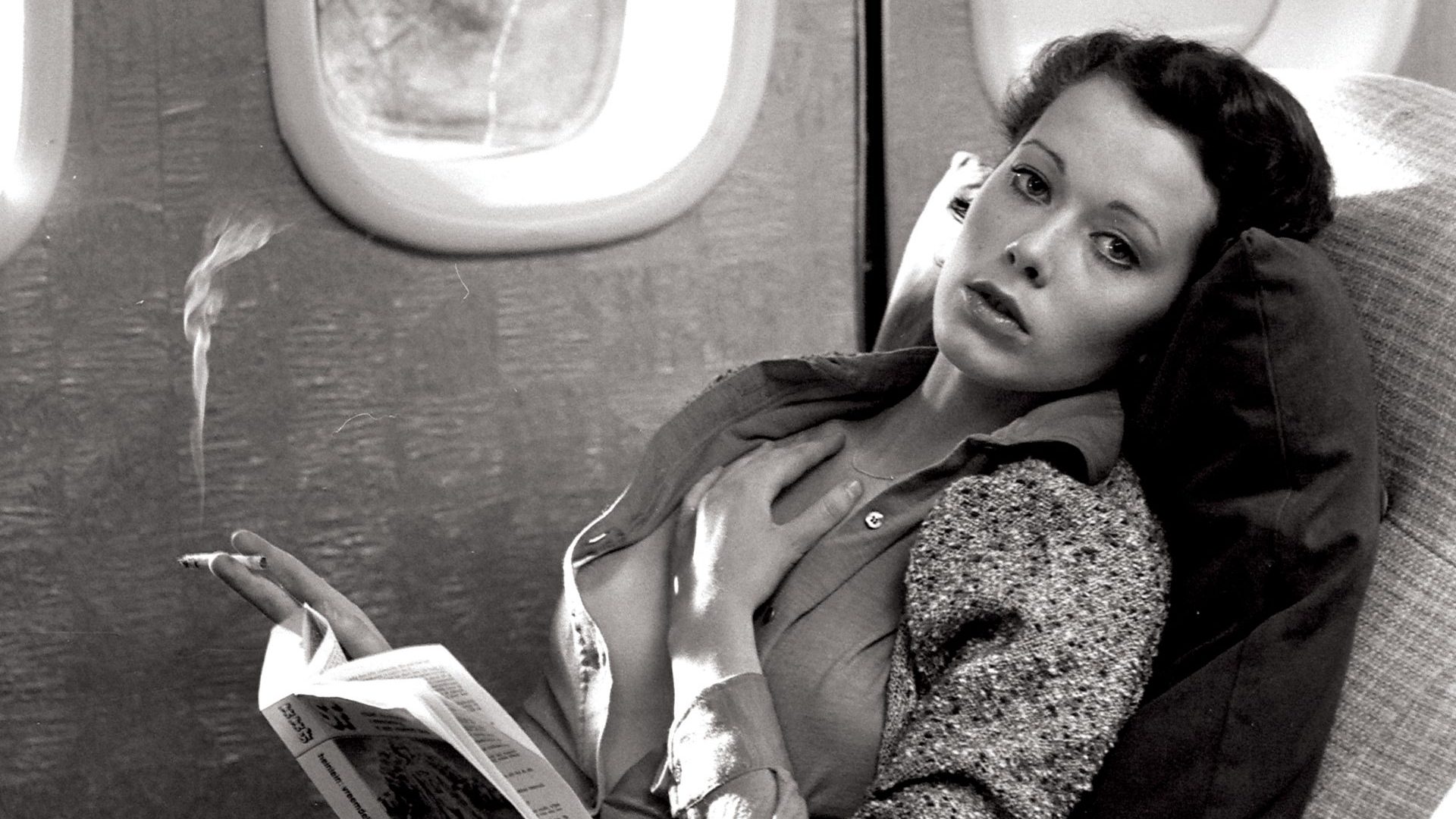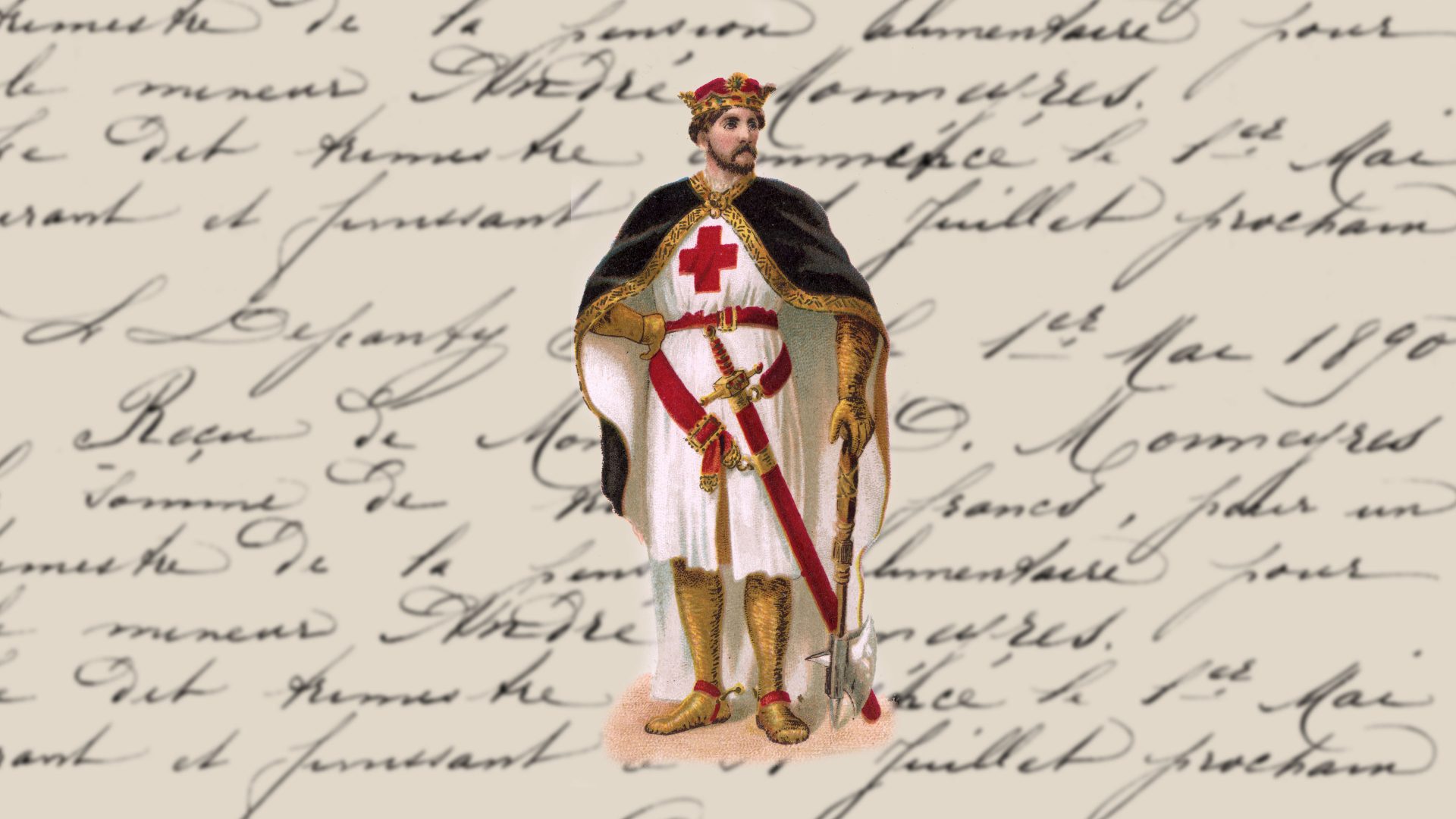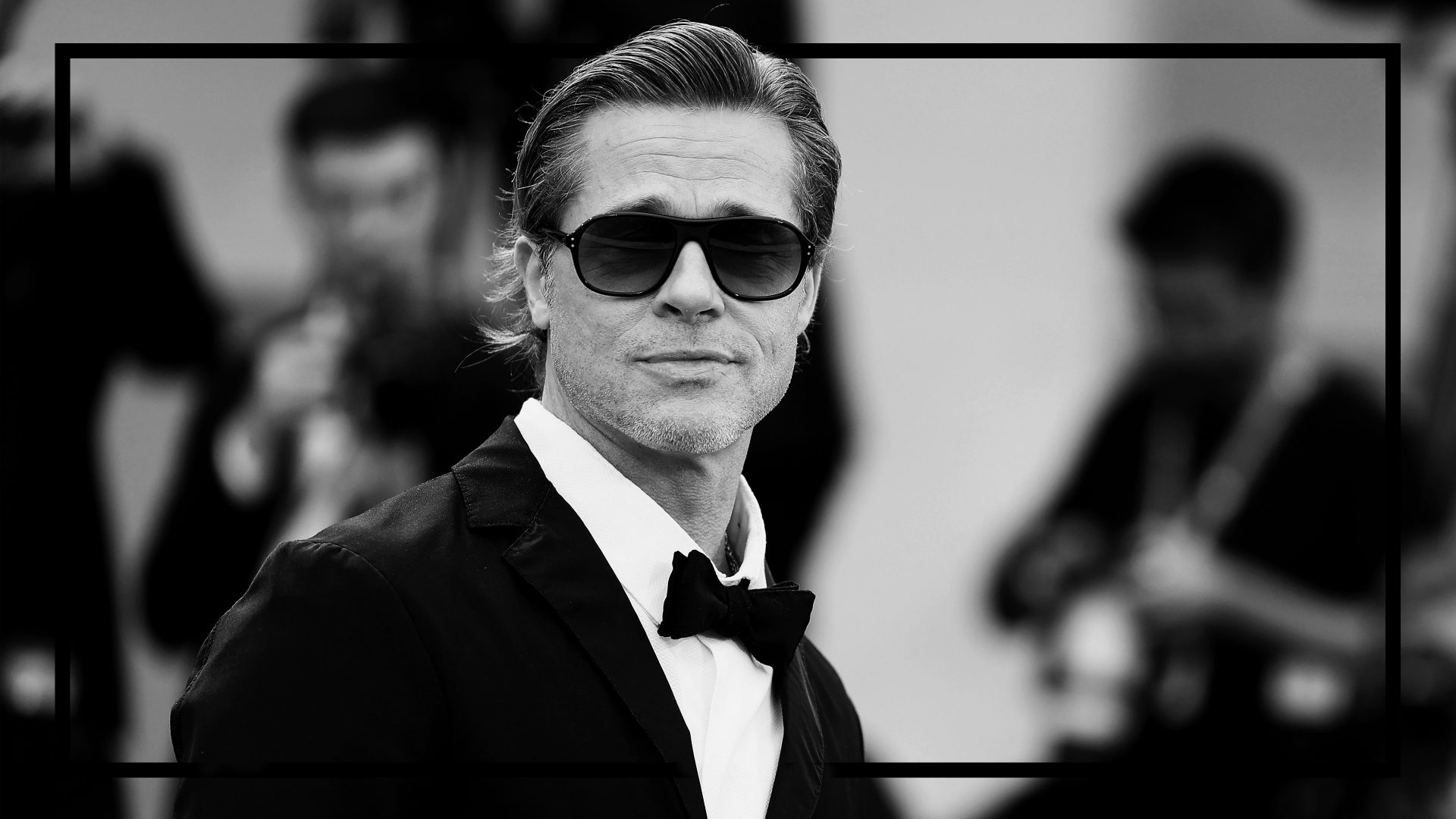“My life as a true star lasted about 10 years. It came to an end just as I was starting to believe in it.”
From the very beginning, Sylvia Kristel’s life thrummed with an undercurrent of impermanence. Everything was transient; home, relationships, career; she would try to hold on, but there was always that
Damoclean sword poised to sever her from her hopes just when she had risked admitting them.
The only permanence she ever knew came via the images that flickered from the cinema screen, herself frozen in time, yet even that superficial celluloid immortality would never truly belong to her.
Transience defined her from the moment she was born. Jean-Nicholas
and Pietje Kristel lived in the hotel they ran, close to the railway station in
Utrecht, making Sylvia’s childhood a constant stream of faces in transit,
people only there to go somewhere else, one-nighters killing time before the next connection.
She shared room 22 with her sister, but whenever the hotel was busy and
the room was required for a paying guest the girls would be shunted into
room 23, a glorified cupboard only just big enough for the single bed they had to share. Sometimes they would even be roused from sleep by their mother, a bundle of clean bedding in her arms, and sent padding blearily along the corridor in their nightclothes.
“I used to wonder, what if my parents needed room 23?” she recalled. “Where would we go then?”
Being in effect less important than a paying guest in her own home cemented a fragile sense of self-worth that stayed with Kristel for the rest of her life. In 2007 she published a candid autobiography that opened with her
nine-year-old self being sexually assaulted by the manager of the hotel, a
man she knew as “Uncle Hans”, an incident that could have been far worse had Kristel’s aunt not walked into the room.
“Uncle Hans” was fired. Kristel watched him leave.
“For a moment, as the door slams behind him and the freezing air rushes in, I feel a tinge of regret,” she writes. “Is the sentence too harsh, more than I am worth?”
What little sense of home Kristel retained was extinguished at 14 when her father returned to the hotel one day with another woman and evicted his wife and daughters on the spot.
“I am a divorced child of divided, uncertain background,” she wrote in 2007. “Within this division I, the supposed fruit of their love, no longer exist. It happened nearly 40 years ago, yet to me nothing is sadder than my parents’ divorce.”
Adding to her conflicted view of the world, the strict, moralistic nature of her convent boarding school education was in sharp contrast to the life she
knew at home. Her parents were both alcoholics and Kristel had become so
conditioned to the constant presence of drink that on her first night away at
school she asked the nuns for a cognac to help her sleep. She was 11 years old.
She left school at 16 and found work as a typist, before taking up modelling.
She was crowned first Miss TV Netherlands, then Miss TV Europe and by the age of 21 had appeared in three Dutch film productions. These brought her to the attention of the French director Just Jaeckin, about to commence work on his screen adaptation of Emmanuelle Arsan’s erotic novel Emmanuelle. Kristel was cast in the role that would define her life and career.
The eroticism of 1972’s Last Tango in Paris had combined with the increasing
popularity of hardcore pornography to create a space in between for a kind of explicit yet socially acceptable erotica. Emmanuelle, in which the wife of a
French diplomat in Thailand explores her desires with a string of sexual partners, became a landmark film of the 1970s and made Kristel, for better or worse, a household name.
At the time she was in the most significant relationship of her life, with the Belgian author Hugo Claus, a man two decades her senior with whom she would go on to have her son, Arthur. Kristel had originally turned down the
part, but Claus persuaded her to change her mind.
“He said it was my chance to escape Holland and get into France, where they
make 200 pictures a year, precisely 194 more than they made in Holland,” Kristel said.
Emmanuelle became the highest-grossing French film in history and ran non-stop at one cinema on the Champs-Elysées for 13 years. Kristel herself attended the final screening in 1986, as did the then mayor of Paris, Jacques Chirac.
The film’s success led inevitably to increasingly preposterous sequels. When the series reached its fourth instalment it was felt that, at 32, Kristel was becoming too long in the tooth for the starring role. Hence in Emmanuelle 4, Kristel’s character travels to Brazil for cosmetic surgery so extensive that she emerges from it played by a different, much younger actress. To add to the hefty weight of irony, her character was named Sylvia.
So associated had she become with erotic leading roles – she also appeared in an adaptation of Lady Chatterley’s Lover and the biopic Mata Hari – that her career was more or less over by her early 30s, as well as her public image being defined as someone she was not.
“People don’t assume that John Wayne shoots people and rides a horse on
weekends,” she complained, “yet people think I’m a nymphomaniac.”
Having allowed herself to finally embrace success, the roles began to dry up and her life began to fall apart. She left Claus to move to Hollywood with Ian
McShane, embarking on a toxic five-year relationship that featured a miscarriage and a descent into alcohol and drug abuse. She had let hope in again, and once again it was whipped away.
“I thought Hollywood was waiting for me,” she said. “It was not.”
Two marriages followed, the first a stormy five months with an American businessman, the second to a Belgian film director whose terrible projects
drained her finances to the point where bailiffs appeared at the door.
If Kristel needed any further evidence that nothing in her life was ever permanent, she was refused permission to keep family photographs and
mementoes on the grounds that “your personal souvenirs may have a market value”.
Her final years were spent living over an Amsterdam bar eking out a living as an artist, cancer ravaging her body until her death shortly after her 60th birthday.
“Being a star means being loved,” she’d written. “And how delightful that is
while it lasts.”
When stardom is curtailed – in her case by the demands of the male gaze just when she felt she had at last established some kind of agency in the
world – it leaves what Kristel termed an “emotional debt” to those who had
previously revered them. The fall from the pedestal is a heavy one.
“Sooner or later the debt must be paid,” she wrote. “The beautiful pay more dearly than others. Women are charged a great deal for having been beautiful, unfairly different, attractive; for provoking unsatisfied desire.”




